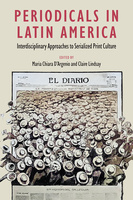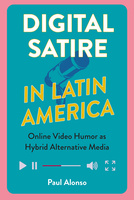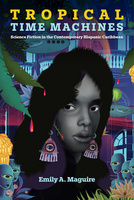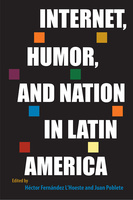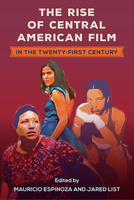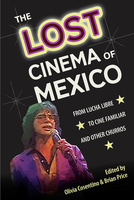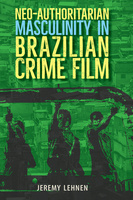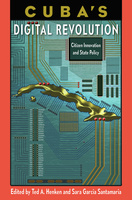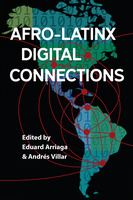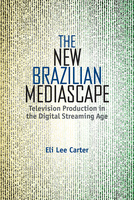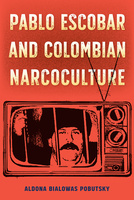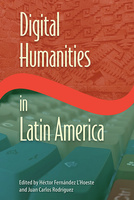Periodicals in Latin America
Interdisciplinary Approaches to Serialized Print Culture
Assembling research on a diverse range of serialized publications from the late nineteenth century to the present day, this volume explores how Latin American print culture has influenced local movements and informed global exchange.
Digital Satire in Latin America
Online Video Humor as Hybrid Alternative Media
This book analyzes how digital-native audiovisual satire has become increasingly influential in national public debates within Latin America. Paul Alonso examines the role of online video creators in critiquing politics and society and amplifying public discourse, filling gaps left by traditional media and journalism.
Tropical Time Machines
Science Fiction in the Contemporary Hispanic Caribbean
Exploring works of science fiction originating from Spanish-speaking parts of the Caribbean and their diasporas, this book shows how writers, filmmakers, musicians, and artists are using the language of the genre to comment on the region’s history and present-day realities.
Internet, Humor, and Nation in Latin America
This volume provides a comprehensive Latin American perspective on the role of humor in the Spanish- and Portuguese-language internet, highlighting how online humor influences politics and culture in Latin America.
The Rise of Central American Film in the Twenty-First Century
The Lost Cinema of Mexico
From Lucha Libre to Cine Familiar and Other Churros
Neo-Authoritarian Masculinity in Brazilian Crime Film
An incisive analysis of contemporary crime film in Brazil, this book focuses on how movies in this genre represent masculinity and how their messages connect to twenty-first-century sociopolitical issues.
Cuba’s Digital Revolution
Citizen Innovation and State Policy
Afro-Latinx Digital Connections
This volume presents examples of how digital technologies are being used by people of African descent in South America and the Caribbean as a means to achieve social justice and to challenge racist images of Afro-descendant peoples.
Univision, Telemundo, and the Rise of Spanish-Language Television in the United States
In the first history of Spanish-language television in the United States, Craig Allen traces the development of two prominent yet little-studied powerhouses, Univision and Telemundo. Allen tells the inside story of how these networks fought enormous odds to rise as giants of mass communication, questioning monolingual and Anglo-centered versions of U.S. television history.
The New Brazilian Mediascape
Television Production in the Digital Streaming Age
In this book, Eli Carter explores the ways in which the movement away from historically popular telenovelas toward new television and internet series is creating dramatic shifts in how Brazil imagines itself as a nation, especially within the context of an increasingly connected global mediascape.
Pablo Escobar and Colombian Narcoculture
In this exploration of Colombian drug lord Pablo Escobar’s impact on popular culture, Aldona Bialowas Pobutsky shows how Escobar’s legacy inspired the development of narcocultura—television, music, literature, and fashion representing the drug-trafficking lifestyle—in Colombia and around the world.

